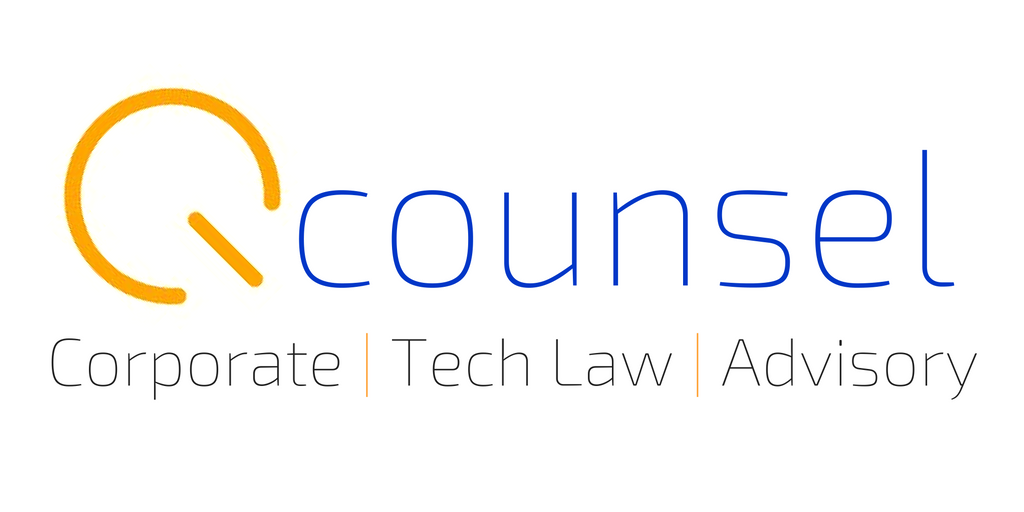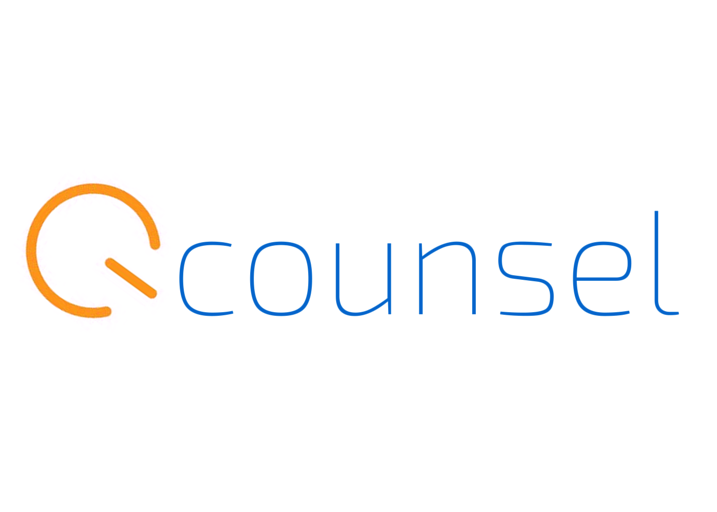I recently attended a tech talk on Bitcoin to learn about this alternate virtual currency community that is gaining more mainstream media attention. For the uninitiated (like myself), Bitcoin is a form of cryptocurrency that is minted by using peer to peer networking. By adding computing hardware to the P2P network to process algorithms to validate transactions, node owners (data miners) generate a crypto blockchain or “blocks” every few cycles. As a reward the data miner gets a fractional Bitcoin plus a transaction fee. Based on the accepted community algorithms there is a finite number of 21 million Bitcoins that can be ‘minted’ into global circulation and the blockchain generation cycle time increases as new data miners come onto the network. Access to Bitcoins need a client based Bitcoin digital wallet software to be installed.
Like all tech communities, Bitcoin has its fair share of acronyms:
- ASIC – not the Australian corporate regulator, but reference to Application Specific Integrated Circuit graphics hardware now used to ‘mine’ or generate Bitcoins. Units are manufactured by Butterfly Labs with an unsurprisingly long pre-order wait list.
- BTC – seems to be the now accepted forex code for Bitcoin.
- FPGA – Field Programmable Gate Arrays, 2nd generation add-on graphics cards used for mining Bitcoins. 1st generation mining was done using basic video graphics cards.
- Mt Gox – the largest Bitcoin exchange (Bitcoin swaps to real currency)
The fact that the US Dept of Treasury’s Financial Crimes Network (FinCen) issued a public guidance notice in March formally clarifying that Bitcoin users were in the clear and that Bitcoin exchanges were seen as traditional “money transmitters” subject to normal regulatory oversight has been cited as a response to the rising impact of Bitcoin.
It will certainly be interesting to see how monetary authorities and regulators deal with Bitcoin if it continues to gain more mainstream acceptance. Does it fit jurisdictional definitions of legal tender? It seems unrealistic that Bitcoin entrepreneurs and exchange operators can circumvent the existing relevant anti-money laundering laws and know your customer compliance obligations that earlier virtual currency providers like Paypal had to deal with. At some stage of the value chain BitCoin holders (unless they just seek to trade in a closed loop currency community) need to convert to real-world currencies and that will be the point of regulation.
From the user perspective, the taxability and timing of profits from Bitcoin mining and trading also seems to be an interesting issue for tax agencies.Is Bitcoin a “currency” that is taxable? At the very least it would seem that it would be able to be considered an asset via the acquisition of rights to software code. Again, it may all depend on the subtleties of each country’s tax laws.
From the merchant perspective it would also be interesting to understand what the chargeback rates and provisions look like.
Like any other digital product, Bitcoins seem to be natural high profile targets for hackers and it seems even susceptible to open source bug flaws in its underlying database tables.
Bitcoin has received a lot of negative media due to its acceptance on the notorious Silk Road where illicit items can be purchased and also the socio-political connection with the alternate Dark Web underground internet network. If history is any guide, early cutting edge P2P disrupters (think Napster) eventually fall away as traditional industry rework existing models to meet the user demand for a legitimate product. Whether or not Bitcoin is the precursor to a new universal currency will be interesting to see.
One thing is for sure, regulators and finance lawyers are going to have to keep one eye open on the constant intersection between new forms of virtual currencies and existing laws.
When I get a bit more time, I’ll take a closer look at some of the legal issues that come to mind with Bitcoin and how it might apply to this region. Sounds like an area fertile for specialisation…
Image: Creative Commons


